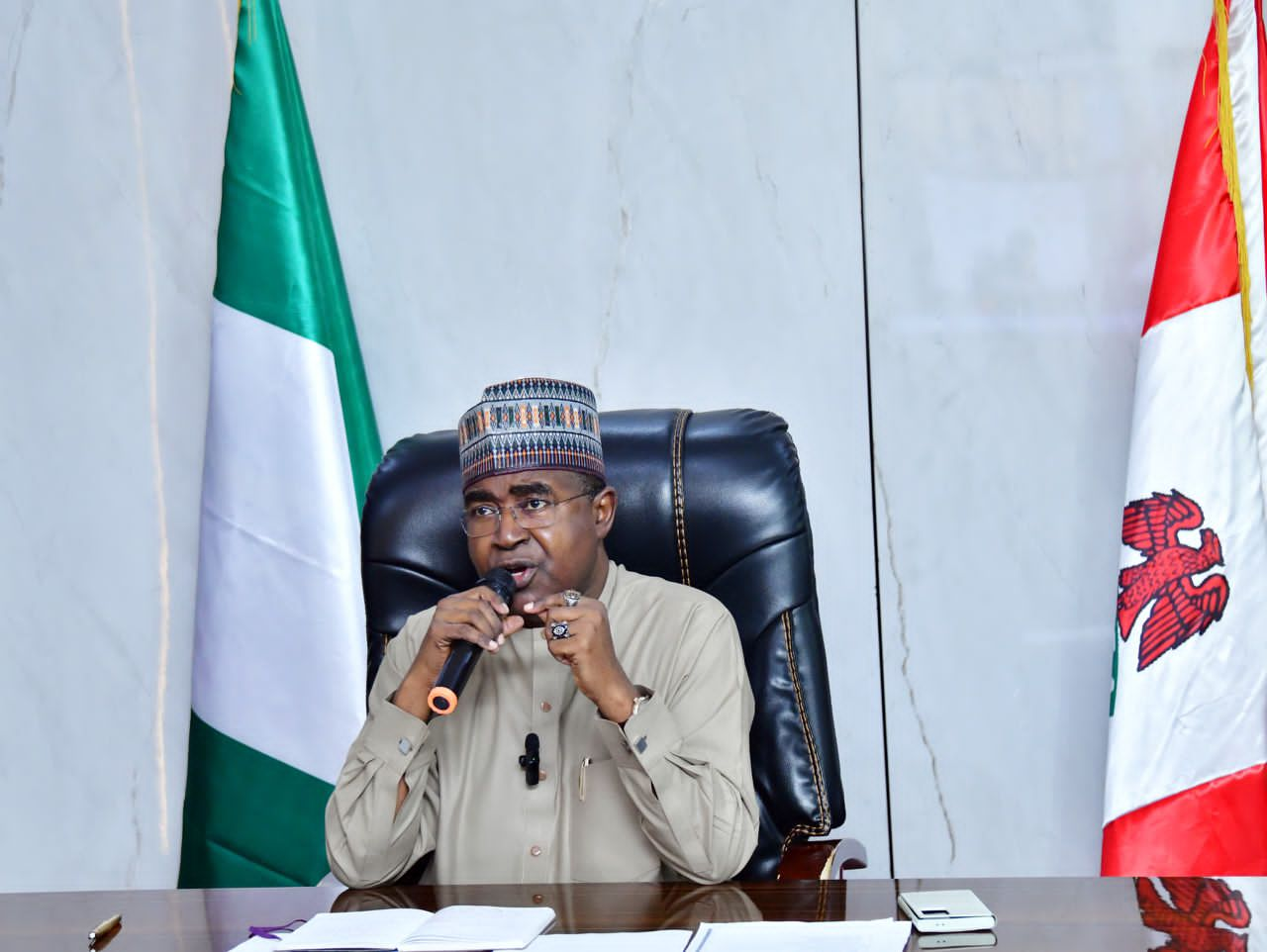By Bavoriat Clara
The National Drug Law Enforcement Agency (NDLEA) and the Narcotics Control Bureau (NCB) of India have reaffirmed their commitment to curbing the transnational trafficking of illicit drugs, particularly opioids such as tramadol and codeine-based syrups, which are being illegally shipped from India into Nigeria.
This renewed partnership was solidified during a high-level virtual meeting on Wednesday, 6th August 2025, between the Chairman/Chief Executive of NDLEA, Brigadier General Mohamed Buba Marwa (Retired), and the Director General of NCB, Mr. Anurag Garg, alongside top officials of both agencies.
In a statement issued by the NDLEA’s Director of Media and Advocacy, Femi Babafemi, the meeting built on the foundation of the Memorandum of Understanding (MoU) signed by both countries in 2023, with a new emphasis on actionable collaboration, intelligence sharing, and capacity building.
Addressing his Indian counterpart, Marwa warned of the growing public health and national security threats posed by the influx of illicit pharmaceuticals.
“The main reason for this engagement,” he said, “is the continued trafficking of tramadol and codeine-laced cough syrups into Nigeria from India.
This concern was raised during the MoU signing, and since then, from January 2024 to June 2025, we have seized over one billion pills of tramadol and more than 14.4 million bottles of codeine syrup.”
He stressed that these staggering figures underscore the urgent need for tighter operational cooperation.
“We need the active support of the NCB in dismantling these supply chains.The challenge is transnational, and so must be our response.”Marwa also used the platform to seek further assistance from India in the area of specialized training. “We value the training support India has provided in the past – in narcotics investigation, financial tracking, cybercrime, dark web monitoring, and more. We are now requesting curated training programs tailored to our evolving challenges,” he added.
Responding, Mr. Anurag Garg agreed that the narcotics crisis had become a borderless threat, driven by sophisticated global syndicates. “Unless we unite in a proactive and consistent collaboration, these cartels will continue to exploit our legal and geographical vulnerabilities,” he said.
He assured NDLEA of NCB’s willingness to enhance cooperation through actionable intelligence sharing, joint investigations, and customized training sessions.
“We will gladly offer capacity building support through our training centre. Whether it’s tackling clandestine labs, controlling precursor chemicals, or monitoring the dark web, we are ready to provide curated training that addresses your specific needs,” Garg stated.
Both agencies agreed to establish a technical working group to follow up on the resolutions reached, marking a new chapter in the global fight against drug trafficking networks.
The NDLEA–NCB alliance is poised to serve as a model for cross-border collaboration in combating drug-related crimes, as both countries tighten their grip on a crisis that knows no borders.
